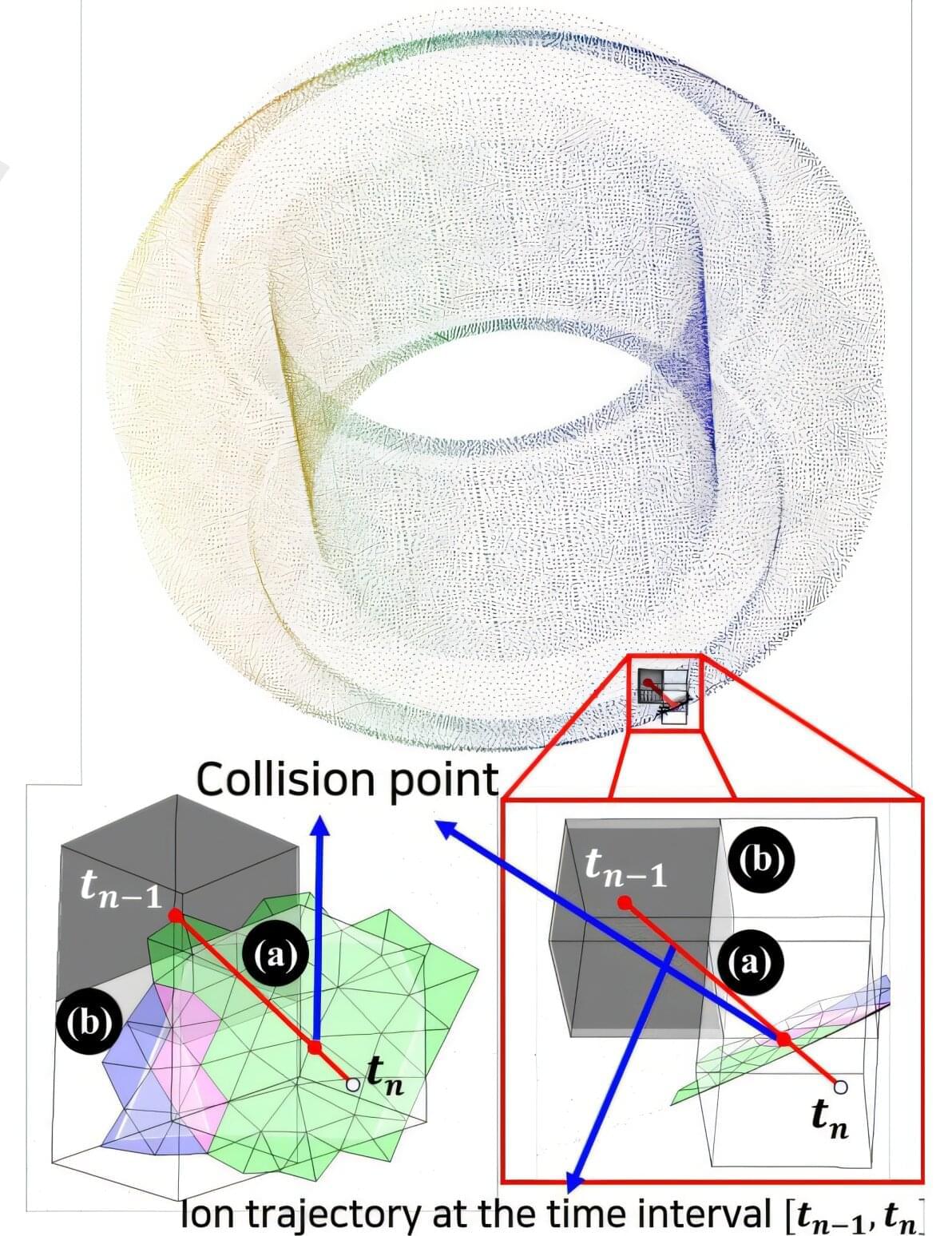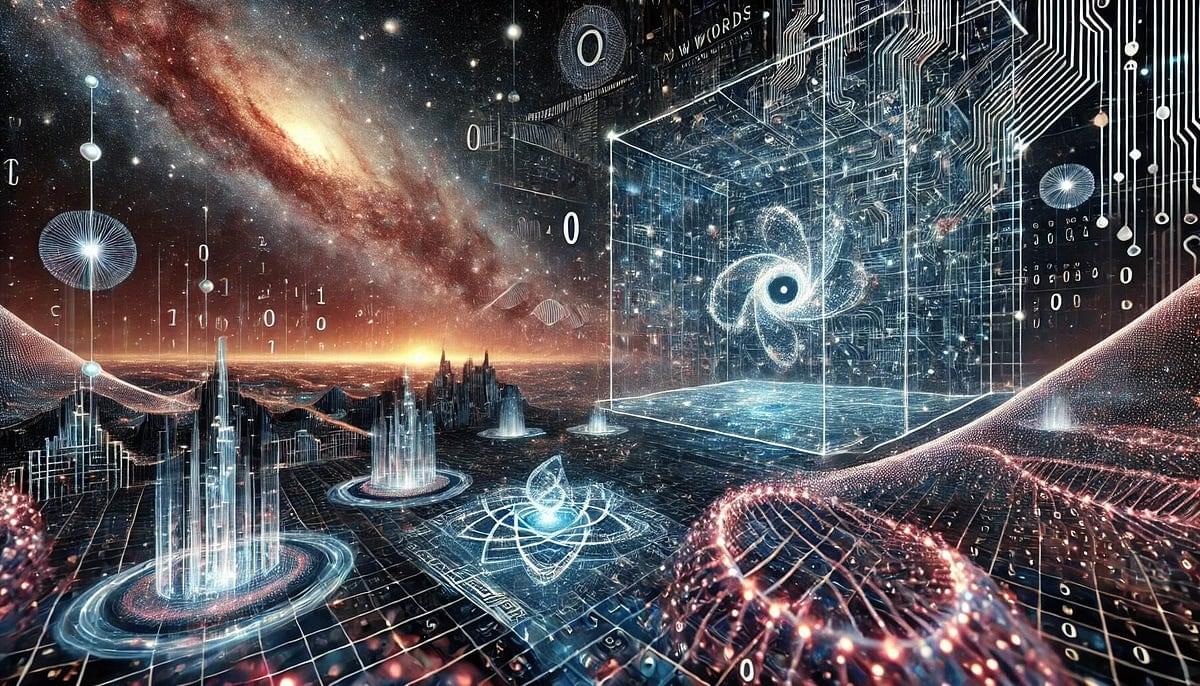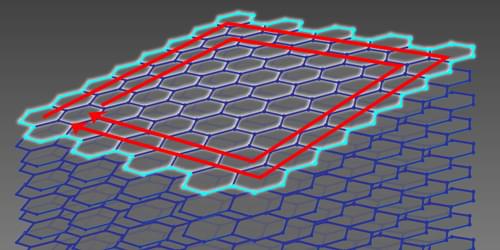Scientists have achieved a major milestone in the quest to understand high-temperature superconductivity in hydrogen-rich materials. Using electron tunneling spectroscopy under high pressure, the international research team led by the Max Planck Institute for Chemistry has measured the superconducting gap of H3S—the material that set the high-pressure superconductivity record in 2015 and serves as the parent compound for subsequent high-temperature superconducting hydrides.
The findings, published this week in Nature, provide the first direct microscopic evidence of superconductivity in hydrogen-rich materials and an important step toward its scientific understanding.
Superconductors are materials that can carry electrical current without resistance, making them invaluable for technologies such as energy transmission and storage, magnetic levitation, and quantum computing.









